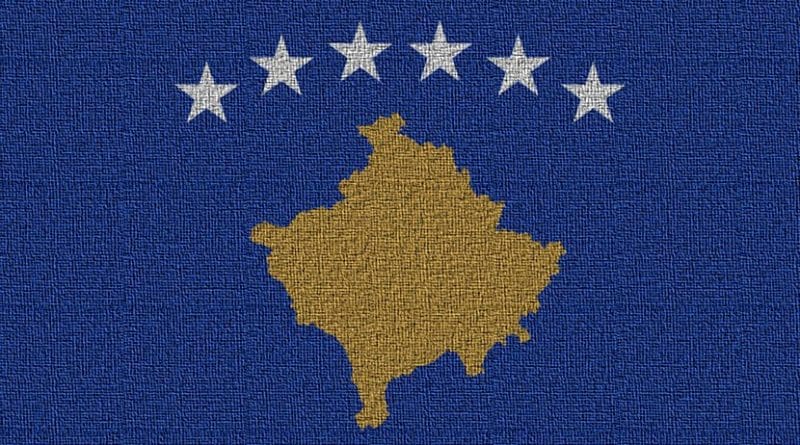Kosovo Hails Start Of Visa Dialogue With EU
By Fatmir Aliu
Interior Minister Bajram Rexhepi describes move as ‘a new beginning’ for Kosovo and for its relations with Brussels.
Dialogue between the European Commission and Kosovo on visa liberalisation will start on January 19, the European Commission liaison office in Pristina has announced.
The talks on the modalities between the European Commission and Pristina on Kosovo’s potential entry into the EU’s passport-free Schengen zone will be solemnised by a two-day visit to Pristina by the European Commissioner for Home Affairs, Cecilia Malmstrom.
Kosovo’s Interior Minister, Bajram Rexhepi, told Balkan Insight that the launch of the visa dialogue marked a new beginning for the country.
“It’s a solemn beginning, which marks also a beginning of contractual cooperation between the European Commission and Kosovo,” the minister said.
The dialogue was moved to January after the European Commission initially, last October, pledged to instigate the process by the end of 2011.
In its last Progress Report for Kosovo, published in October 2011, Brussels said Pristina had reached enough goals for visa talks to start, though many shortcomings remained in the area of the rule of law.
But Kosovo’s Interior Minister on Wednesday said that once the dialogue was in place, the government would have a clearer picture of where it stood on meeting EU criteria and also on where it fell short of implementing standards.
“We should find out by the end of 2012 how long we need to meet the technical criteria,” Rexhepi told Balkan Insight.
Kosovo was left isolated after Europe lifted visa requirements for nationals of Serbia, Macedonia and Montenegro in December 2009. Bosnia and Herzegovina and Albania followed suit in 2010.
The Kosovo government now says the announced start of a dialogue on the visa regime is one of the country’s greatest achievements since independence in 2008.
The EU Council of Ministers concluded in December that Kosovo citizens would benefit from the perspective of visa-free travel to Schengen member states once all conditions were met.
At the same time the Council noted that the intention to launch a visa liberalization dialogue with Kosovo came “without prejudice to Member States’ positions on Kosovo’s status.”
This was a reference to the five EU states that do not recognise, and say they have no intention of recognising, Kosovo’s independence, namely Spain, Greece, Cyprus, Slovakia and Romania.

